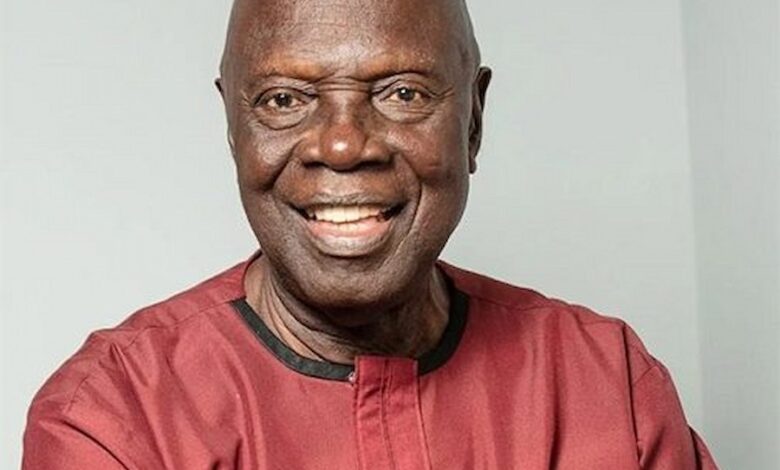Let’s see evidence of how fuel levy is used – Dr Ishmael Yamson

Chairman of the National Economic Dialogue Committee, Dr Ishmael Yamson, has urged the government to demonstrate strict transparency in the management of proceeds from the newly introduced GH₵1 per litre fuel levy, warning that public agitation will rise if Ghanaians fail to see evidence of proper utilisation.
Speaking to journalists after formally presenting the 2025 National Economic Dialogue Report to President John Mahama, Dr Yamson acknowledged the legitimacy of the levy in the face of Ghana’s mounting energy sector debt, but maintained that accountability would determine the level of public trust and cooperation.
“I personally do not have problems with it,” he said. “As we stand here, the president said we need 5 billion dollars, but this government doesn’t have it, and this is debt accumulated from the past, so you have that debt sitting there, but you will also have to cater for the present.”
He underscored that no external saviour would solve Ghana’s economic burdens, adding, “Nobody will build Ghana for us, this is where we have to do it.”
However, Dr Yamson stressed that the success of the levy hinges on the government’s commitment to openness.
“The only thing that I am concerned about, and this is what the president stressed, is the transparency that will accompany the use of this money.
He says it will be ring-fenced to liquidate the accumulated backlog of debt. Let us see that that is done, let’s see evidence, let it be audited.”
He warned that failure to deliver on the promise would deepen mistrust. “If he does that, then I can assure you that Ghanaians will also show goodwill because what irritates Ghanaians is when you lie to them, that you are going to do something, and you don’t do it.”
The GH₵1 fuel levy, introduced through the Energy Sector Levies (Amendment) Bill, 2025, has generated widespread debate, with critics questioning both the urgency of its passage and the potential for misuse. Dr Yamson’s call adds to growing demands for transparency in the management of public funds amidst Ghana’s ongoing economic recovery efforts.


